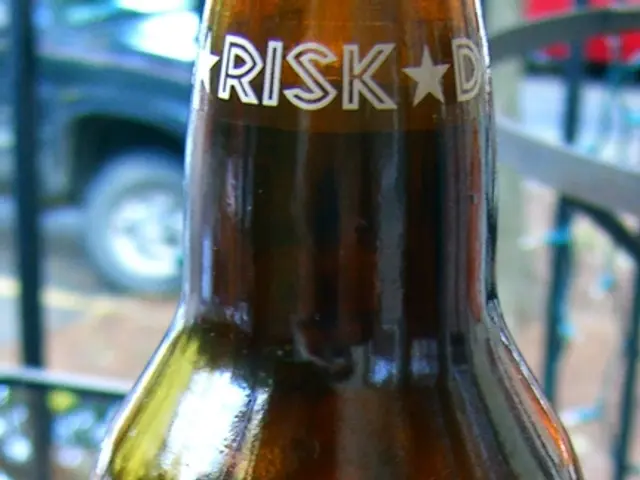Crammed in a Trunk: The Dark Reality of Unethical Pet Transport
Smuggling of 20 puppies found in a vehicle's trunk during an illegal pet transportation bust in Bavaria - Dogs abandoned and confined in a shoe during illicit pet transportation incident in Bavaria
When authorities picked up a strange aroma of filth in a vehicle, they were in for a shock. Nestled in the trunk turned out to be 20 six-week-old mixed breed puppies from Hungary, unhappy campers in a situation that screams animal cruelty. The 31-year-old driver, hailing from Hungary, claimed he was transporting these canines to Belgium. However, his lack of valid vaccination records or any accompanying papers raised red flags.
The vets called to the scene confirmed what many suspected: the journey violated animal welfare laws. The pups were shifted to various animal shelters for tender loving care. While the driver was allowed to proceed without his furry hitchhikers, he's now under investigation for breaking animal welfare regulations.
- Puppy, Crammed
- Illegal Pet Transport
- Car Nightmare
- Hungary Cruelty
- Germany
- Bavaria
- Munich Misery
- Waidhaus Woes
- Federal Police
- Parfume of Feces
- Mixed Breed
The traffic of cross-border mixed breed puppies from Hungary to Bavaria (Germany) entails several legal complexities:
Legal Hurdles
- EU Animal Transport Regulations: When shipping dogs from one EU nation, such as Hungary, to another, the transit must adhere to EU standards. This covers obtaining the necessary health certificates, microchips, and vaccinations against rabies.
- TRACES System: The dogs should be traced through the EU's TRACES system to prevent illegal puppy trade and ensure compliance with EU regulations.
- German Animal Welfare Laws (Tierschutzgesetz): Any transport must adhere to Germany's strict animal welfare laws, safeguarding dogs from being subjected to brutality and mistreatment.
Mandatory Documents
- Health Certificate: A valid health certificate issued by a professional vet is a prerequisite for transporting dogs across borders.
- Rabies Vaccination: The dogs need to be immunized against rabies and provide proof of the vaccination.
- Microchip Identification: Dogs need to be microchipped for identification purposes.
- EU Pet Passport: Dogs passing through the EU require an EU pet passport that documents their health status and vaccinations.
Compliance with Local Regulations
- Bavarian Specifics: While there are no laws specific to Bavaria, it's imperative to adhere to general German regulations and any local rules regarding pet transportation.
Cruelty-free Shifts
- Ensure the transportation is devoid of any stress and harm to the dogs.
- Use facilities that follow animal welfare norms during transportation.
Important Note
- Watch out for organizations that push for hasty adoptions without thorough checks or try to pressure you into quick decisions, a telltale sign of potentially unlawful practices.
- Be sure to verify the authenticity of the pet transporter or rescue organization to guarantee compliance with all applicable laws.
- In the wake of the illegal pet transport case involving 20 six-week-old mixed breed puppies from Hungary, there are strict regulations to adhere to when shipping dogs across EU borders.
- EU Animal Transport Regulations, TRACES system, and German Animal Welfare Laws (Tierschutzgesetz) are crucial guidelines to follow when transporting dogs from Hungary to Bavaria (Germany), to prevent mistreatment and ensure compliance with EU regulations.
- To ensure a legal and humane pet transportation process, one must acquire a valid health certificate, rabies vaccination, microchip identification, and EU pet passport, while also complying with local regulations and utilizing reliable pet transporters or rescue organizations.







